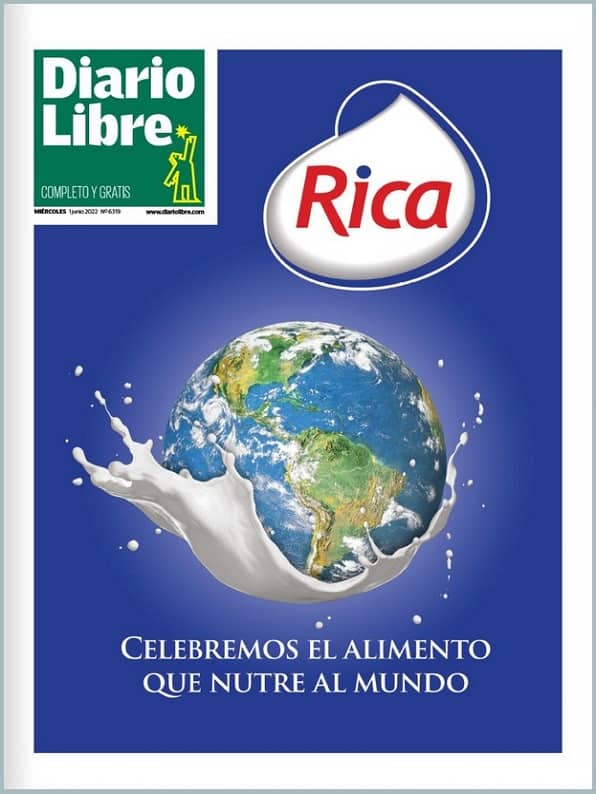WHO calls for inexpensive medicines for hepatitis
The disease kills 1.4 million each year, world wide
SD. Spurred by today's celebration of the World Hepatitis Day, the World Health Organization (WHO) issued a call to the governments to "think again", and take steps that make people's access to the medicines that treat the disease much easier. Each year, hepatitis kills 1.4 million persons in the world.
WHO says that it accepts with pleasure the progress that is being made in the fight against Hepatitis,, after observing a greater sensitivity and a worldwide push to fight the illness.
"One of the most important advances of last year in the field of public heath took place in the treatment of Chronic Hepatitis C. They are developing, or there are already new pharmaceuticals that could facilitate safe and simple treatments, with cure rates of over 90% that would revolutionize therapy for Hepatitis C. However, there are still major obstacles to achieve that those treatments are accessible and affordable to those who most need them," says a press release from the agency.
With its campaign for this year titled "Think again", the WHO is pushing health ministers to "think again" about the problem of hepatitis, and create policies for preventions and treatment that could save lives.
"The viral hepatitis, as the group of infectious illnesses of Type A,B,C, D and E are known, affect millions of persons worldwide, causing acute and chronic hepatic illnesses. As of last year, in the Dominican Republic there were 300,000 persons with hepatitis, and they estimate that 80% of the persons affected do not know what they have.
During the World Assembly of Health 204, 194 countries took part and resolved to intensify the prevention, diagnosis and treatment of viral hepatitis, and they stressed the importance of having national plans in place to deal with the disease. They highlighted th importance of testing due to the fact that most people with hepatitis do not know they have it, because the symptoms only appear years after contact.
Measures
According to the WHO, the World Hepatitis Day, and their campaign of "Think Again", offers an opportunity to center attention on specific measures such as: Strengthening the prevention, detection and control programs for viral hepatitis and its connected diseases; increase the vaccination coverage against Hep B and incorporate the vaccinations in the national immunization programs; and coordinate a worldwide answer against viral hepatitis.
WHO says that it accepts with pleasure the progress that is being made in the fight against Hepatitis,, after observing a greater sensitivity and a worldwide push to fight the illness.
"One of the most important advances of last year in the field of public heath took place in the treatment of Chronic Hepatitis C. They are developing, or there are already new pharmaceuticals that could facilitate safe and simple treatments, with cure rates of over 90% that would revolutionize therapy for Hepatitis C. However, there are still major obstacles to achieve that those treatments are accessible and affordable to those who most need them," says a press release from the agency.
With its campaign for this year titled "Think again", the WHO is pushing health ministers to "think again" about the problem of hepatitis, and create policies for preventions and treatment that could save lives.
"The viral hepatitis, as the group of infectious illnesses of Type A,B,C, D and E are known, affect millions of persons worldwide, causing acute and chronic hepatic illnesses. As of last year, in the Dominican Republic there were 300,000 persons with hepatitis, and they estimate that 80% of the persons affected do not know what they have.
During the World Assembly of Health 204, 194 countries took part and resolved to intensify the prevention, diagnosis and treatment of viral hepatitis, and they stressed the importance of having national plans in place to deal with the disease. They highlighted th importance of testing due to the fact that most people with hepatitis do not know they have it, because the symptoms only appear years after contact.
Measures
According to the WHO, the World Hepatitis Day, and their campaign of "Think Again", offers an opportunity to center attention on specific measures such as: Strengthening the prevention, detection and control programs for viral hepatitis and its connected diseases; increase the vaccination coverage against Hep B and incorporate the vaccinations in the national immunization programs; and coordinate a worldwide answer against viral hepatitis.


 Diario Libre
Diario Libre Diario Libre
Diario Libre